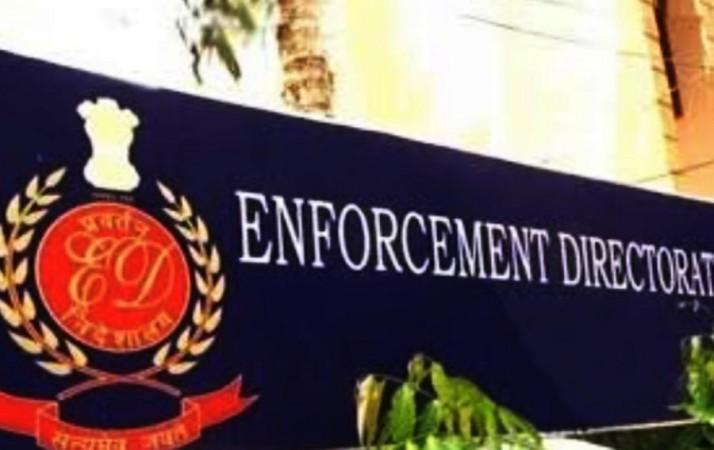
An Appellate Tribunal in New Delhi has ruled that third-party buyers who unknowingly purchase properties attached by the Enforcement Directorate (ED) cannot be penalised. This judgment, delivered under the Smugglers and Foreign Exchange Manipulators (Forfeiture of Property) Act (Safema), 1976, is a significant development in the interpretation of third-party rights under the Prevention of Money Laundering Act (PMLA). The case involved the ED's attachment of a land parcel in Pune, where a housing society for 126 families had been constructed.
The Tribunal, comprising Members G.C. Mishra and Rajesh Malhotra, nullified the ED's plan to seize the plot, citing the agency's failure to publicize the attachment. The Tribunal observed that the ED's laxity rendered the attachment order "unenforceable against bona fide transferees," setting a precedent for similar cases where third parties unknowingly purchase attached properties. This decision effectively saved 126 families from the uncertainty of losing their homes, as the Tribunal ruled in favor of the petitioners, Hindavi Swarajya Trading and the families of Scrum Utkarsh CGHS.
The origins of the ED's attachment trace back to a money laundering scheme orchestrated by scam kingpin Sayed Masood, who laundered ₹6.67 crore of investor funds from City Limouzines into the Hinjewadi land. This was facilitated through shell transactions by Sajid Ibrahim Varekar, Masood's power-of-attorney holder, and Guddu Mehboob Sheikh. Hindavi and its members were unaware of the ED's secret attachment of the land in March 2013, which was linked to the City Limouzines scam.

By the time the ED's first communication reached the Sub-Registrar in September 2015, construction was complete, bank finance had been disbursed, and most flat sales had been executed. The delayed and selective invocation of powers nearly collapsed flat registrations and triggered years of litigation for both Hindavi and Scrum. The Appellate Tribunal recognized the human cost of penalizing bona fide purchasers who had followed every procedural safeguard, while allowing actual money launderers' properties to remain untouched. This, the Tribunal noted, would "invert the raison d'être of the PMLA."
Lead counsel for the appellants, Faraz Khan, remarked, "This decision draws a constitutional boundary -- punish launderers, not honest citizens." He further emphasized the importance of transparency in property attachments, stating, "Due diligence is not a game of hide-and-seek. When the State attaches property, it must shout it from the rooftops -- register it, publicize it, mark it. The ED's failure to follow this process almost destroyed the lives of 126 families."
Aakriti Mathur, counsel for Scrum Utkarsh, highlighted the broader implications of the case, stating, "This case was never just about property law or technicalities -- it was about protecting the dignity and homes of 126 innocent families." She added, "We stood firm because our clients were never part of the original wrongdoing, yet were being crushed by its legacy."
Related








